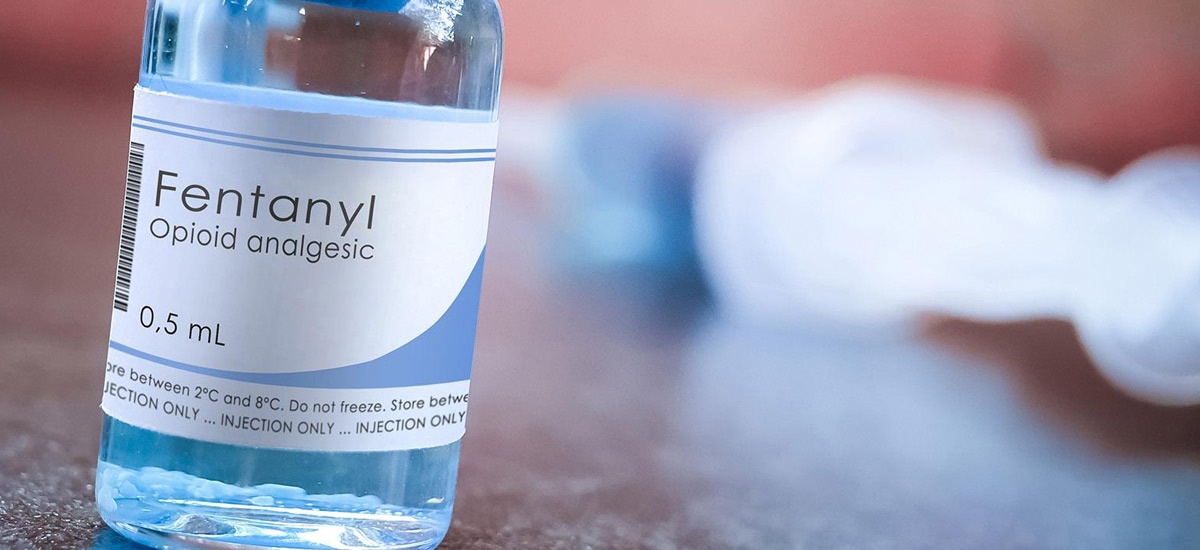by Clear Path Intervention
Share
by Clear Path Intervention
Share

What Is Tianeptine?
Tianeptine is a drug originally developed in France in the 1960s and prescribed in several countries under names like Stablon or Coaxil. As noted in Wikipedia, it’s classified as an atypical antidepressant. It works differently from most antidepressants by enhancing serotonin uptake rather than inhibiting it. In clinical use overseas, it is intended to treat depression, anxiety, and even irritable bowel syndrome.
However, in the United States, Tianeptine is not approved by the FDA and is often sold illegally in gas stations and convenience stores, typically labeled as a dietary supplement. This misuse has led to its alarming nickname “gas station heroin” a term that highlights its opioid-like effects and high potential for addiction.
According to a recent AP News article, poison control centers have seen a sharp rise in cases linked to Tianeptine toxicity, pushing health officials to sound the alarm. The drug’s ability to mimic the euphoria of opioids has led to dependence, withdrawal, and in some tragic cases, overdose.
The Risks
The danger of Tianeptine lies not just in its effects, but in the way it’s marketed and consumed. Because it’s sold in everyday locations like gas stations, users may underestimate its potency. The Newsweek report warns of its widespread availability and growing misuse across the U.S., particularly in states where regulation is still lacking.
Health officials have documented cases of:
-
Sudden, intense euphoria followed by withdrawal symptoms
-
Seizures and respiratory distress
-
Poisoning requiring emergency medical attention
-
Strong cravings and loss of control over use
The Tennessee Poison Center, for example, reported 20 cases of Tianeptine toxicity in just one year, many involving emergency room visits. It behaves like an opioid at high doses, yet users are often unaware of the risks until they are physically dependent.
What the Withdrawal Feels Like
Tianeptine withdrawal is both physically painful and mentally destabilizing. Many who try to stop using it report symptoms similar to opioid withdrawal, including:
-
Nausea and vomiting
-
Body aches and tremors
-
Extreme anxiety or panic attacks
-
Depression and suicidal thoughts
-
Insomnia and restlessness
Families watching loved ones struggle often feel helpless, especially because Tianeptine is legal in some states and easy to purchase. These symptoms can feel overwhelming, and without professional support, the path to recovery may seem impossible.
The Solution
At Clear Path Intervention, we believe no one should have to face addiction alone, especially when it involves substances that are misunderstood or misrepresented. Whether you’re a family member concerned for someone you love or an individual struggling with Tianeptine use yourself, we are here to guide you toward safety and healing.
“Tianeptine is one of those substances that hides in plain sight,” says Brad Garraway, Founder at Clear Path Intervention. “We’re seeing families caught off guard by how fast dependence can take hold. Our mission is to step in with compassion, clarity, and a plan that leads to real hope.”
We specialize in professional interventions tailored to complex and emerging addiction challenges. If you’re asking “What is Tianeptine?” because it’s affected your family, now is the time to act.
Let’s take the first step together. Visit Clear Path Intervention to reach out. Your path forward starts here.
HELP IS AVAILABLE
Do You Have a Loved One Struggling with Addiction or Mental Health Issues?
Identify the subtle signs of mental health struggles in your loved ones. Learn the top 10 indicators that indicate they may need professional help and support.
Support your family’s mental health effectively with practical tips and strategies. Learn how to foster understanding and resilience in challenging times.
Fentanyl is a potent synthetic opioid that is used to manage severe pain. It is also one of the most addictive drugs available, and its misuse has caused an unprecedented increase in overdose deaths in recent years. In this blog post, we will explore the addictive qualities of fentanyl and the dangers of its use […]





